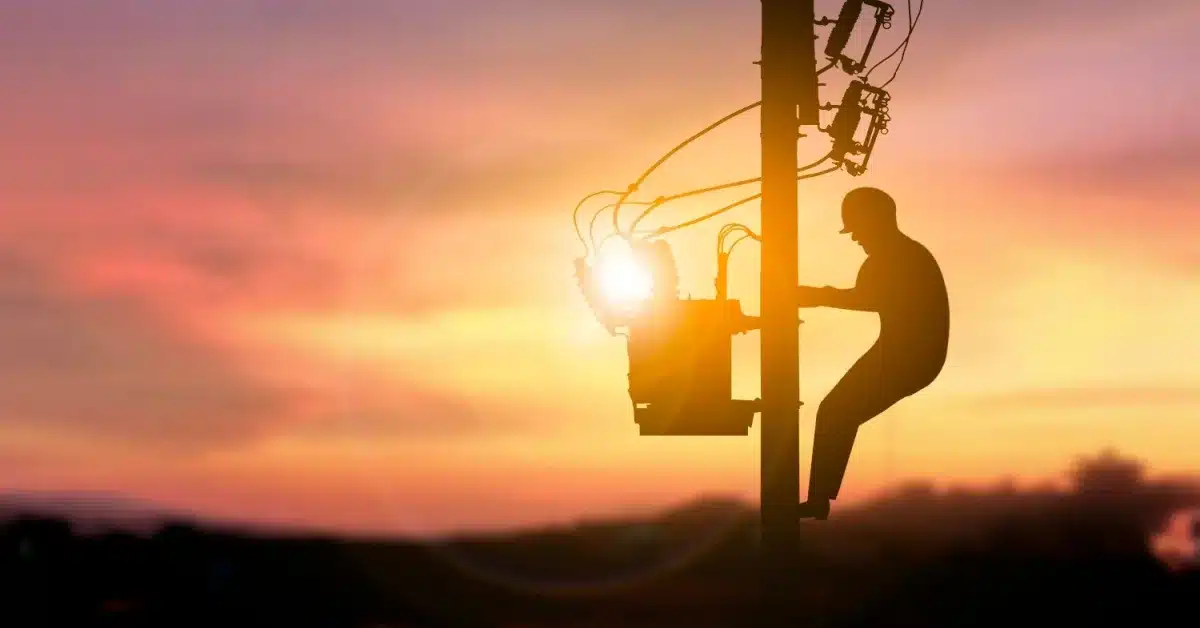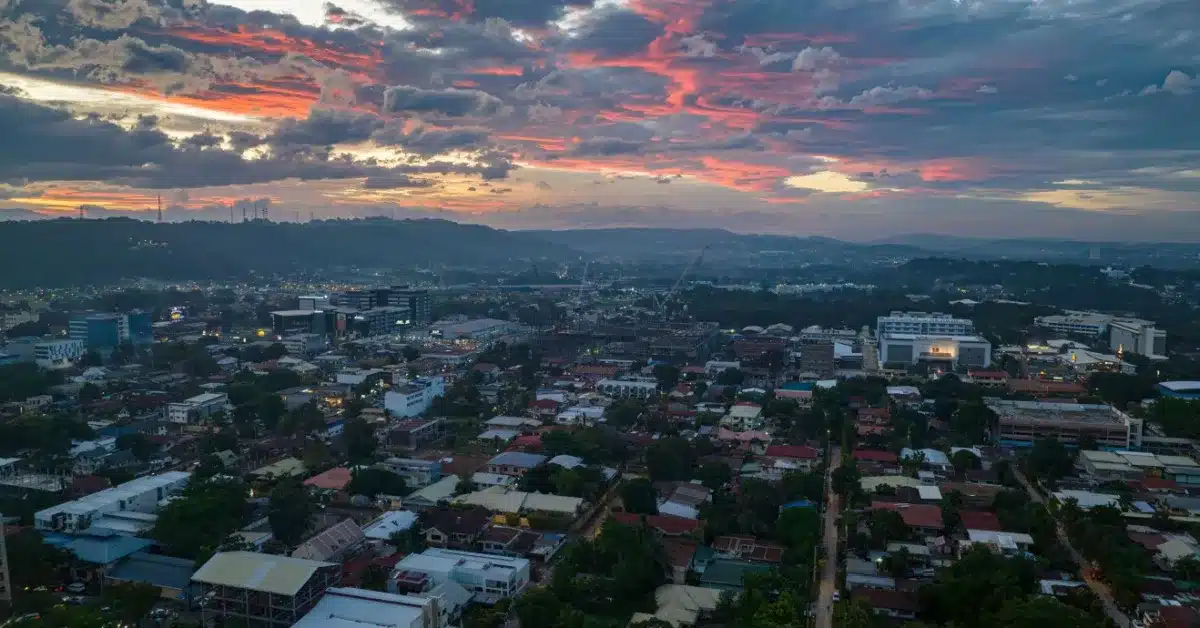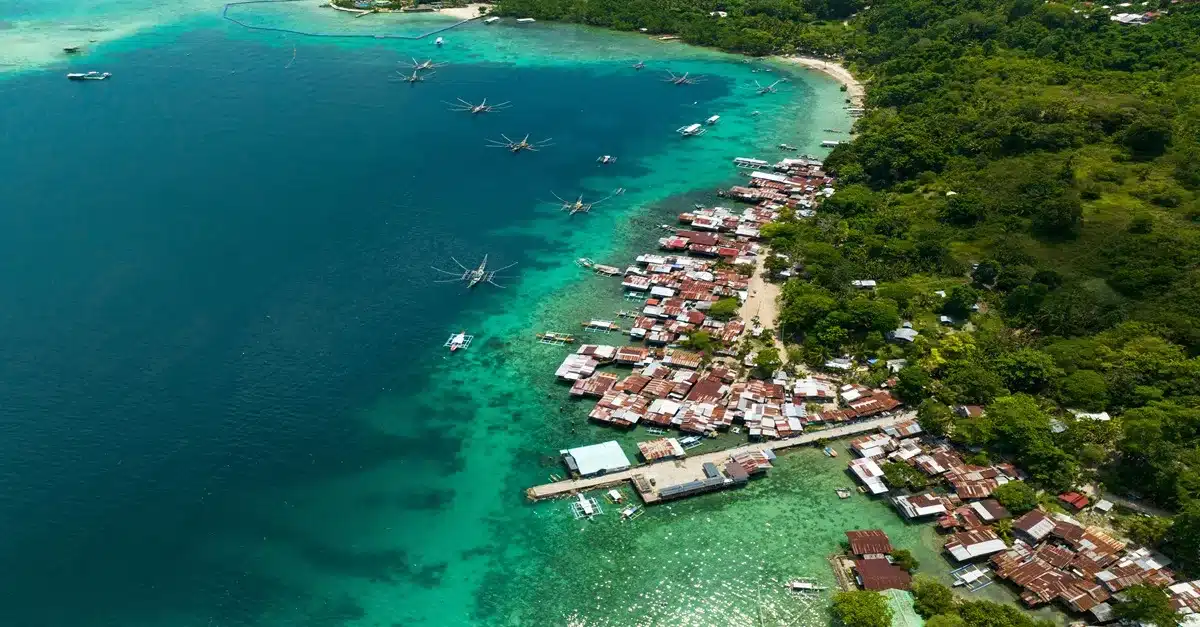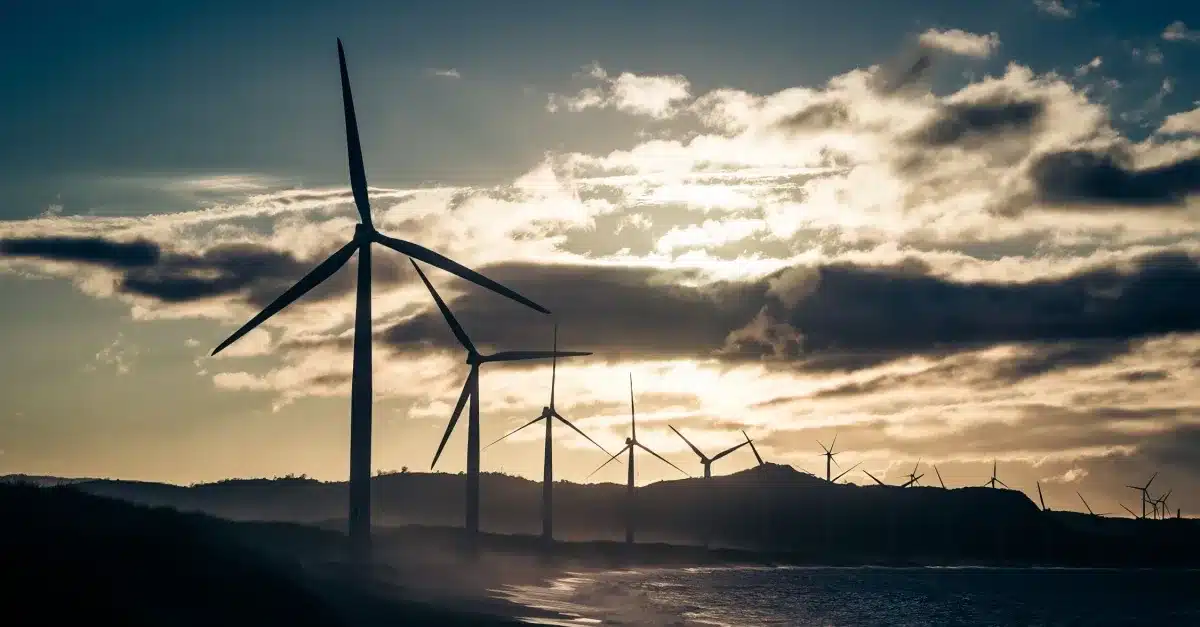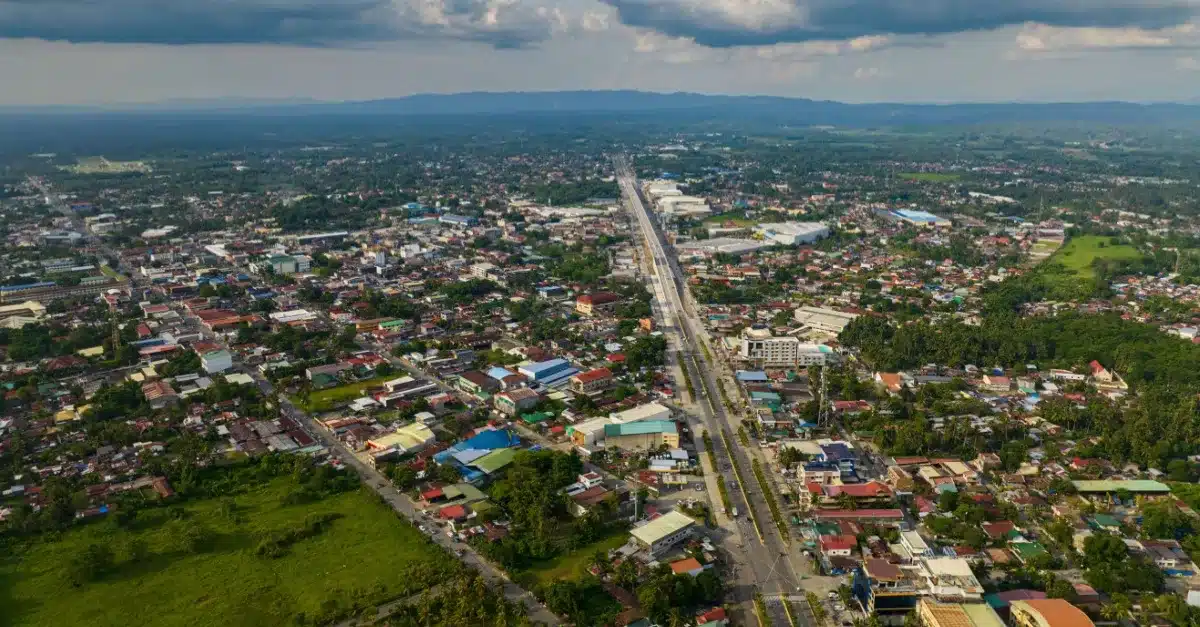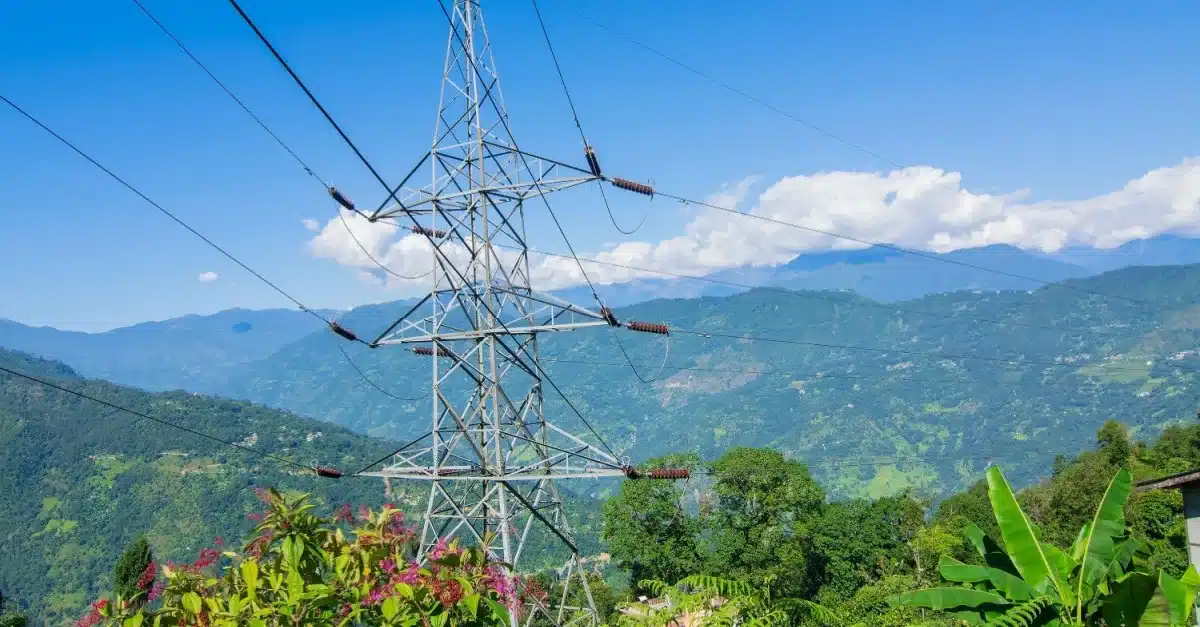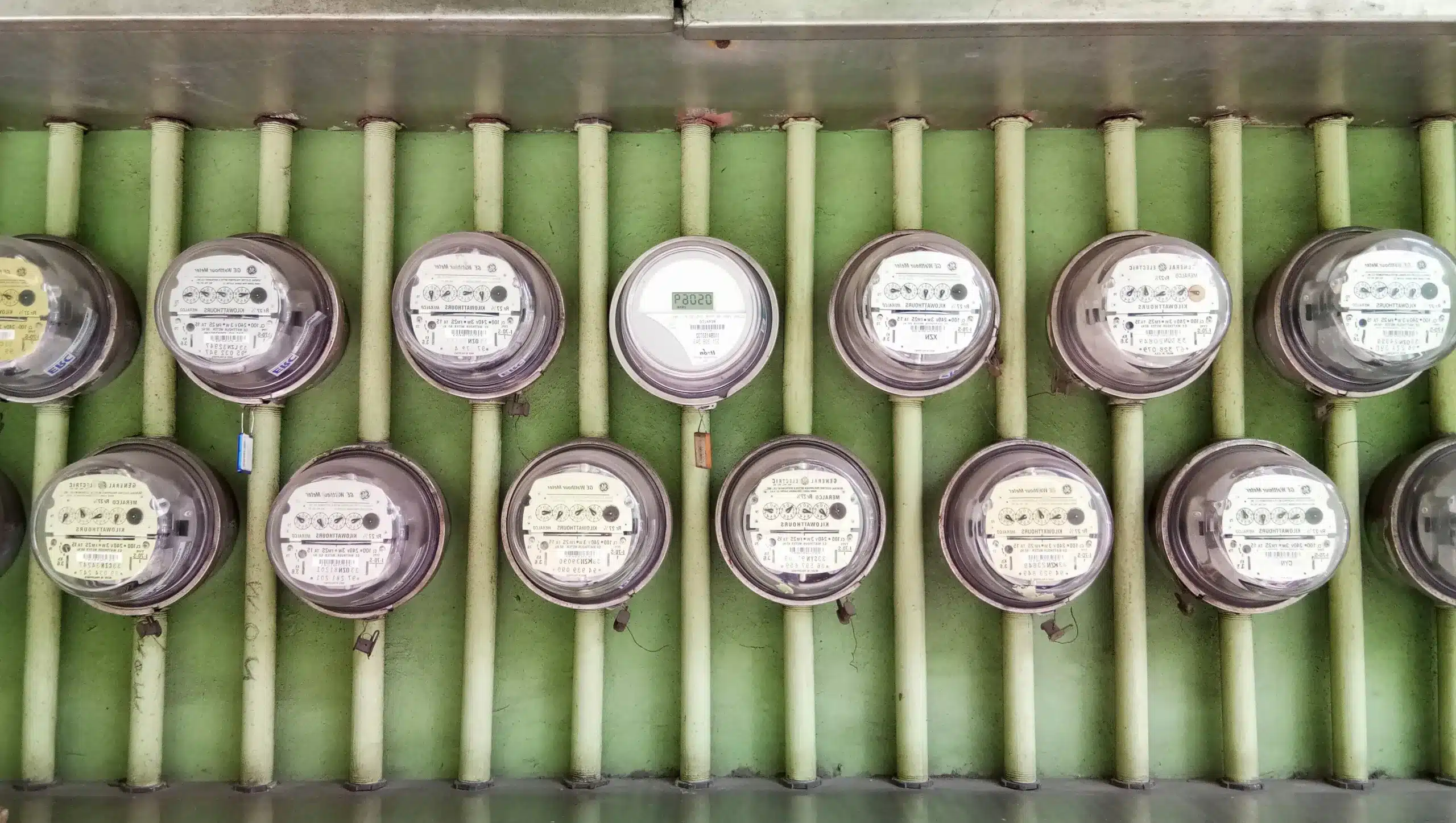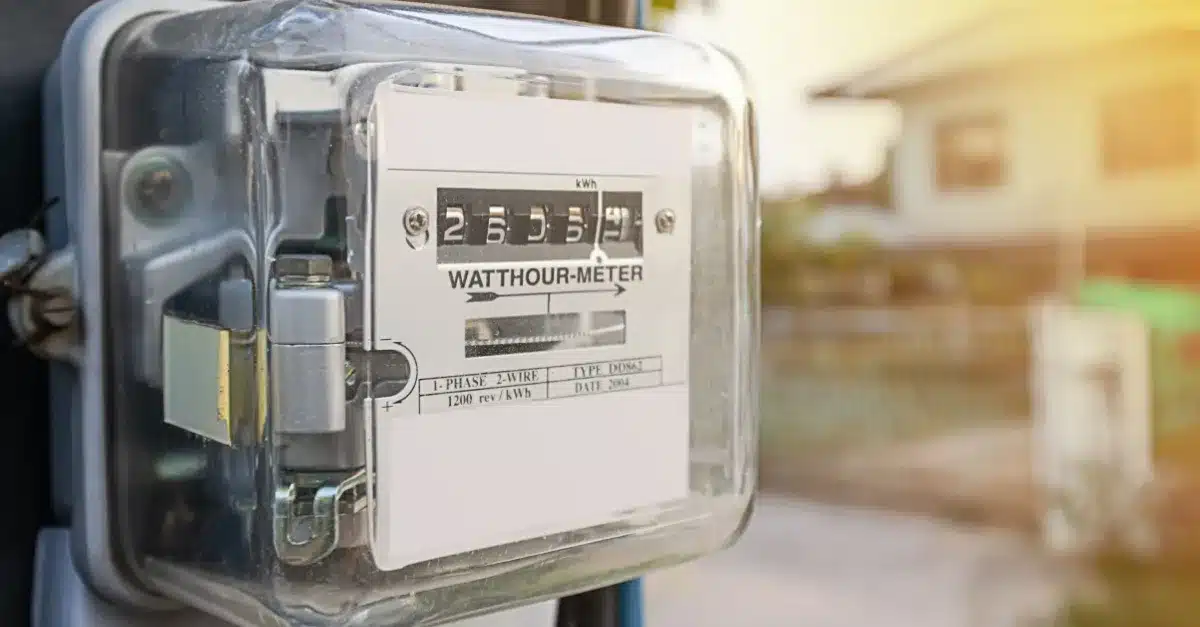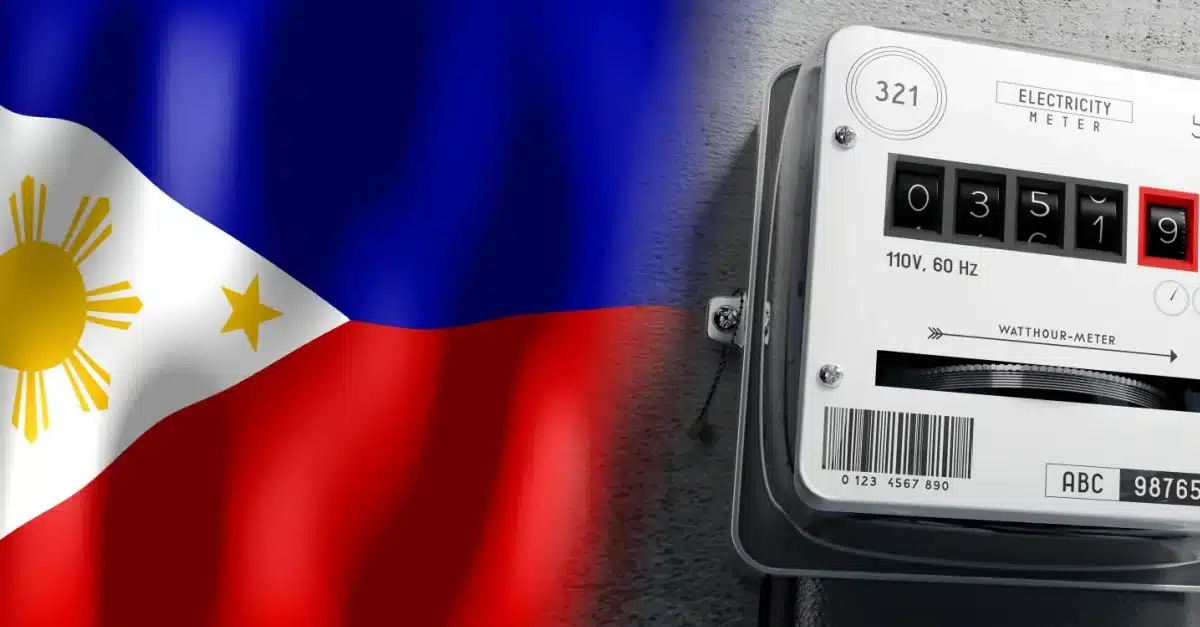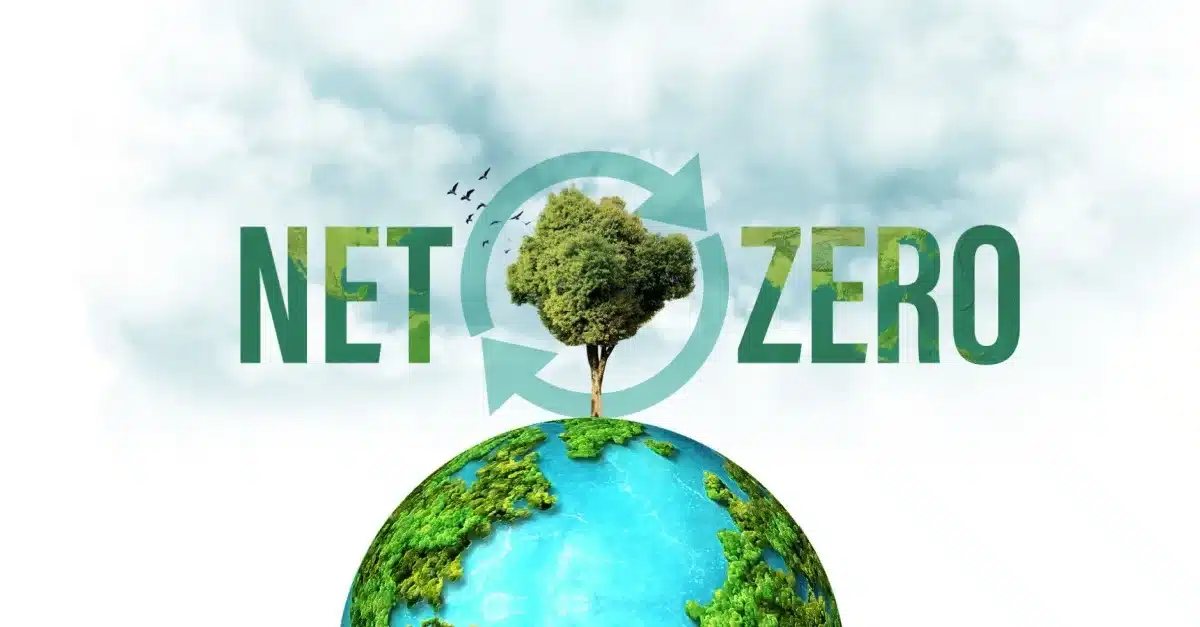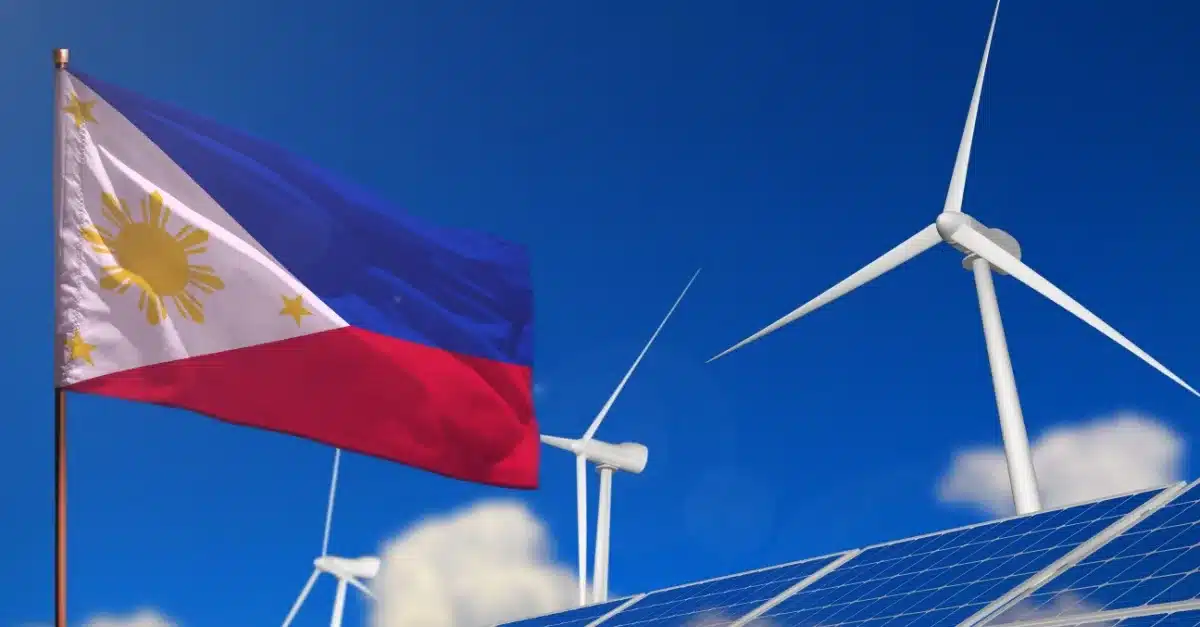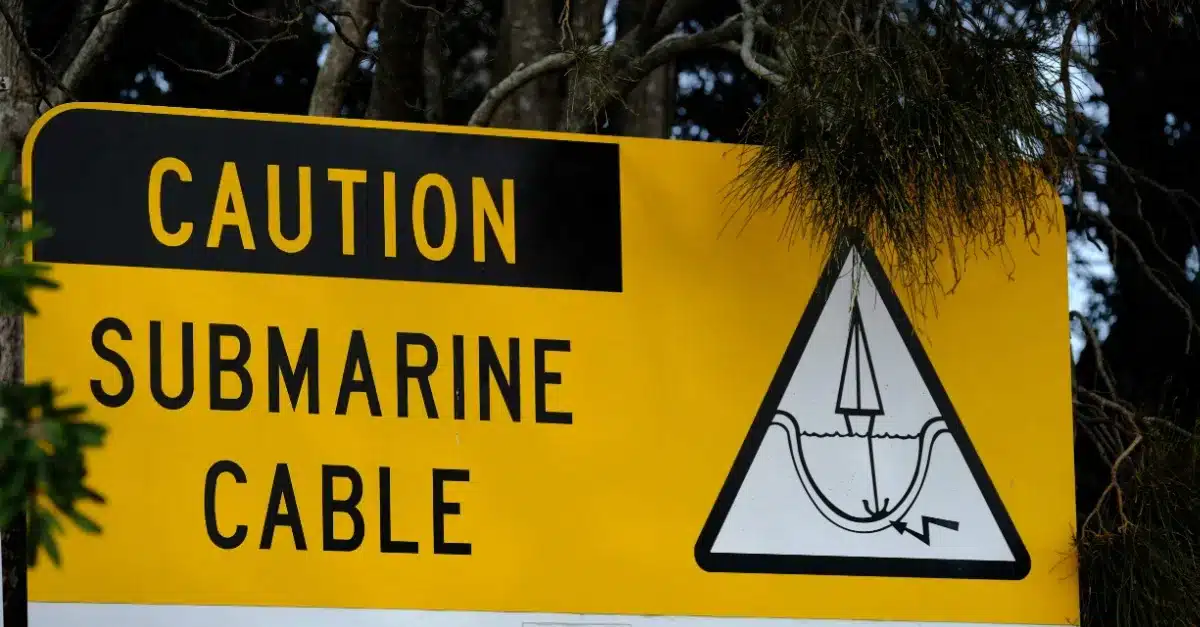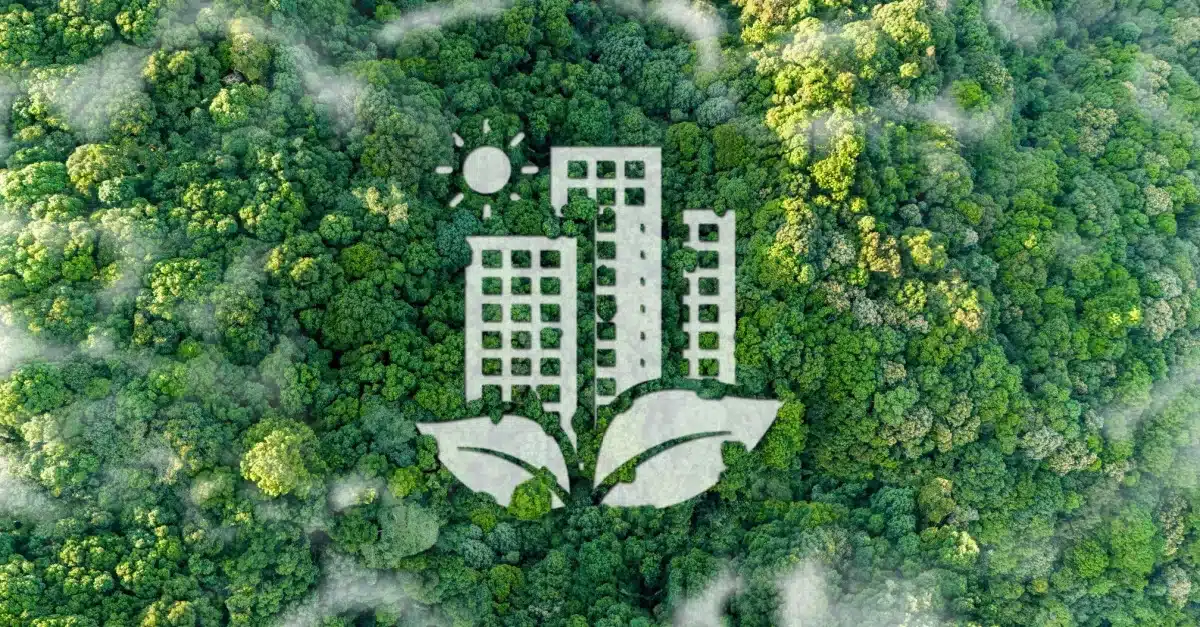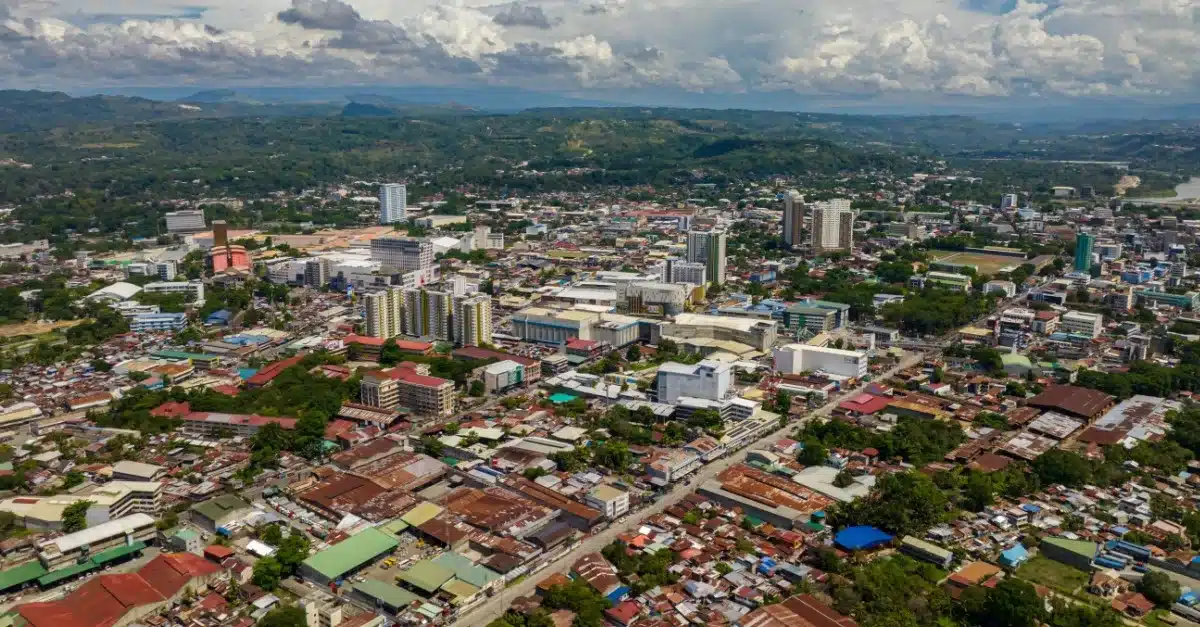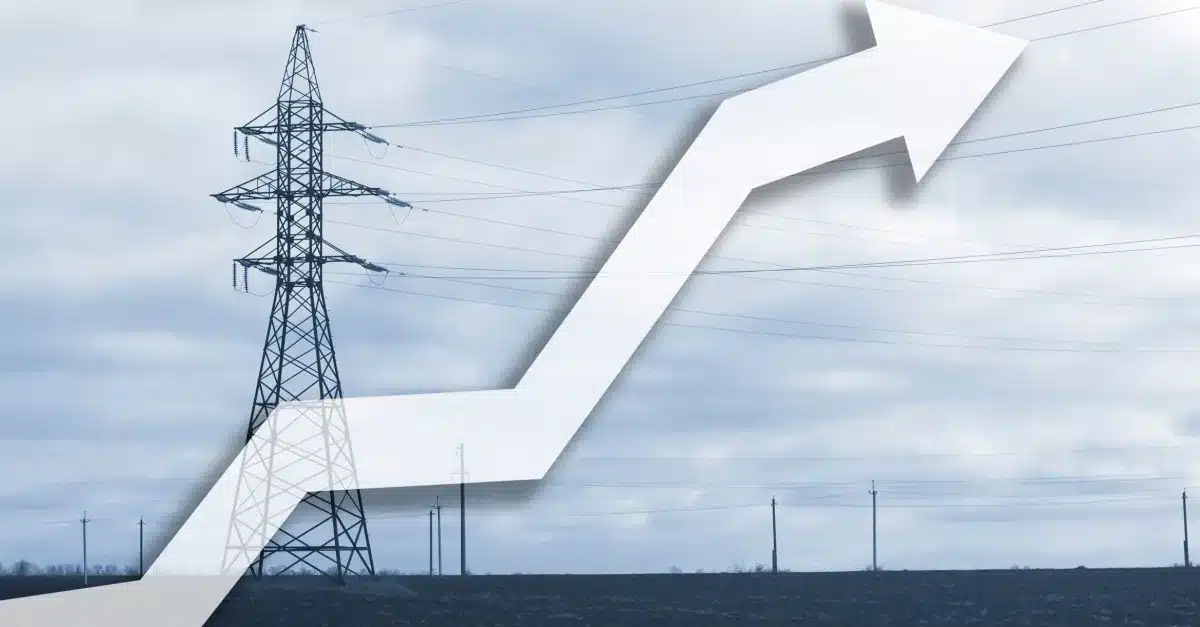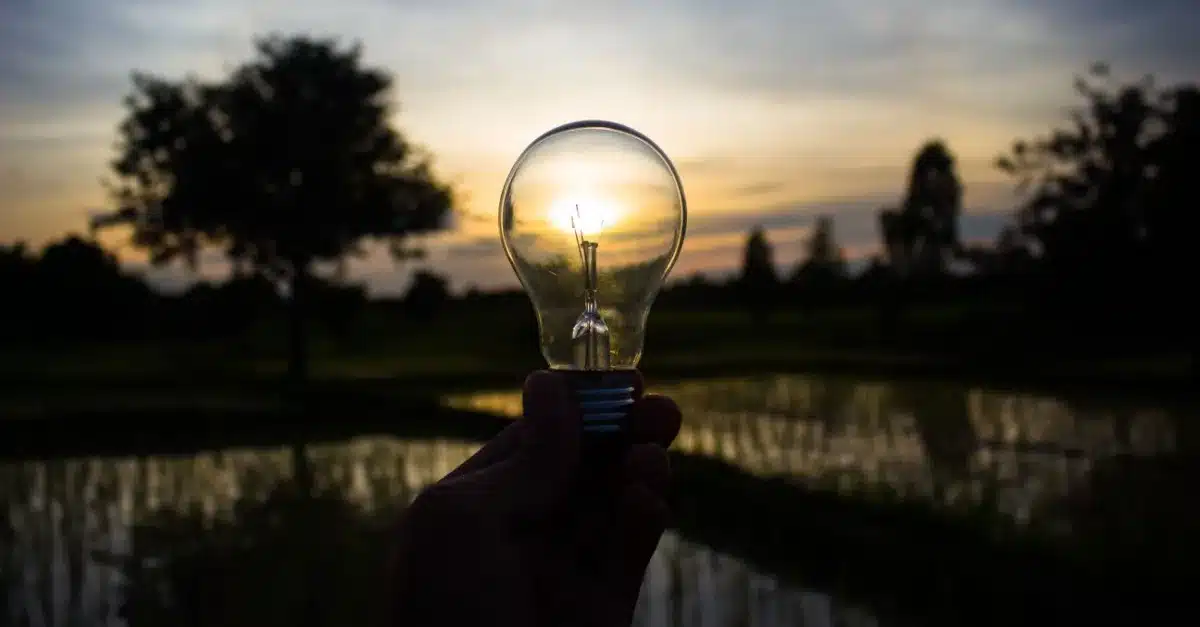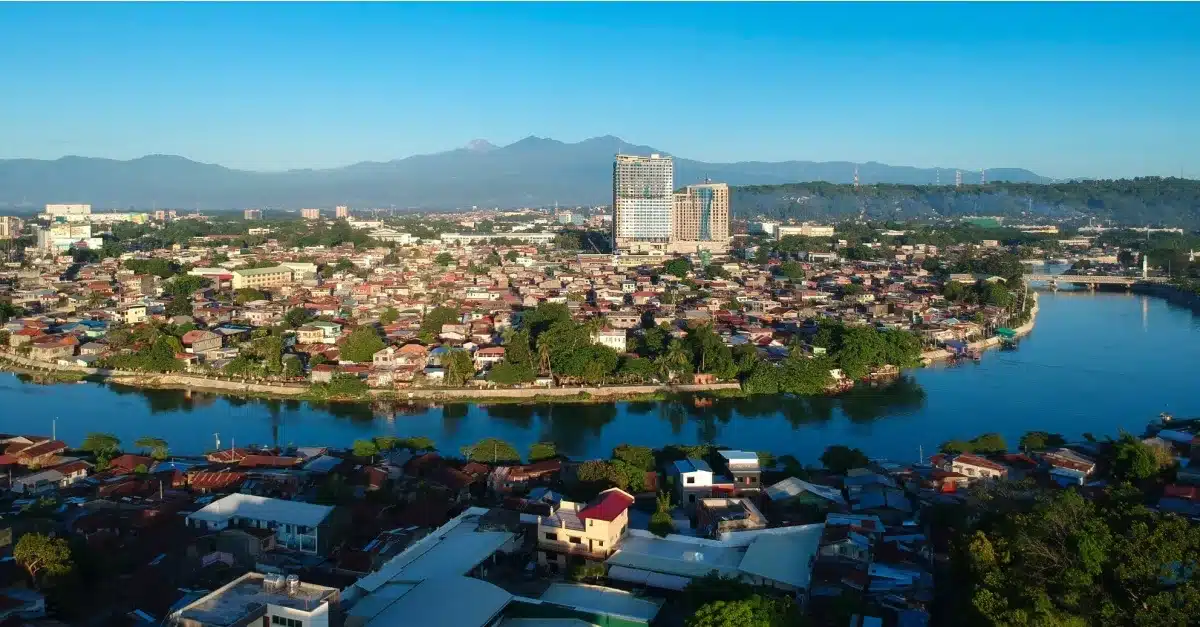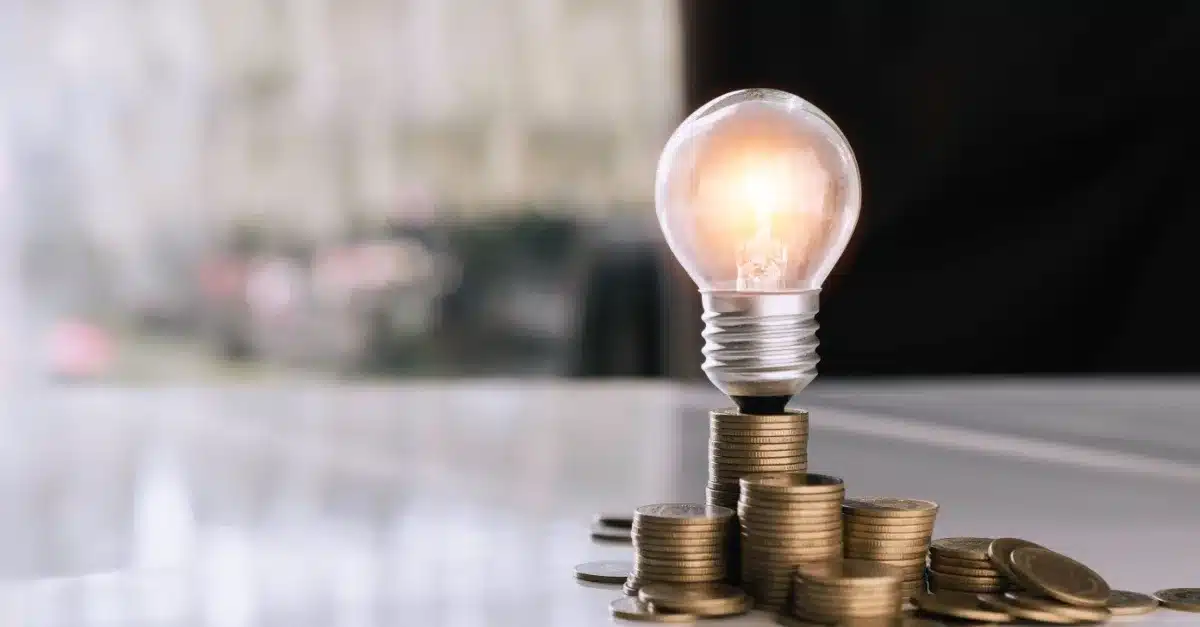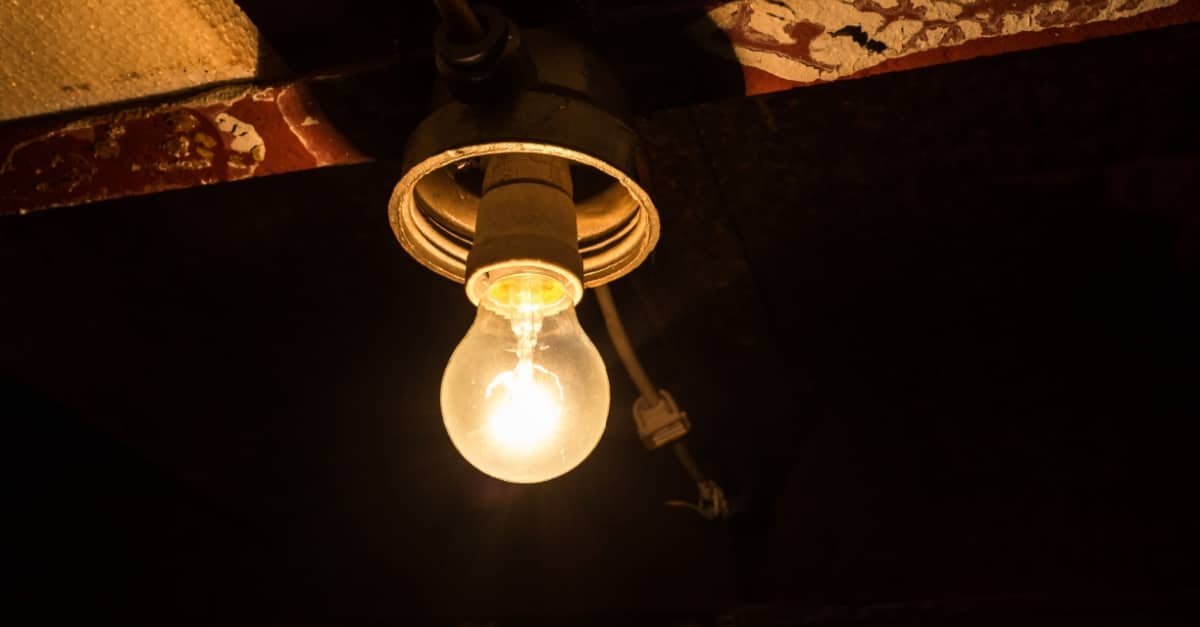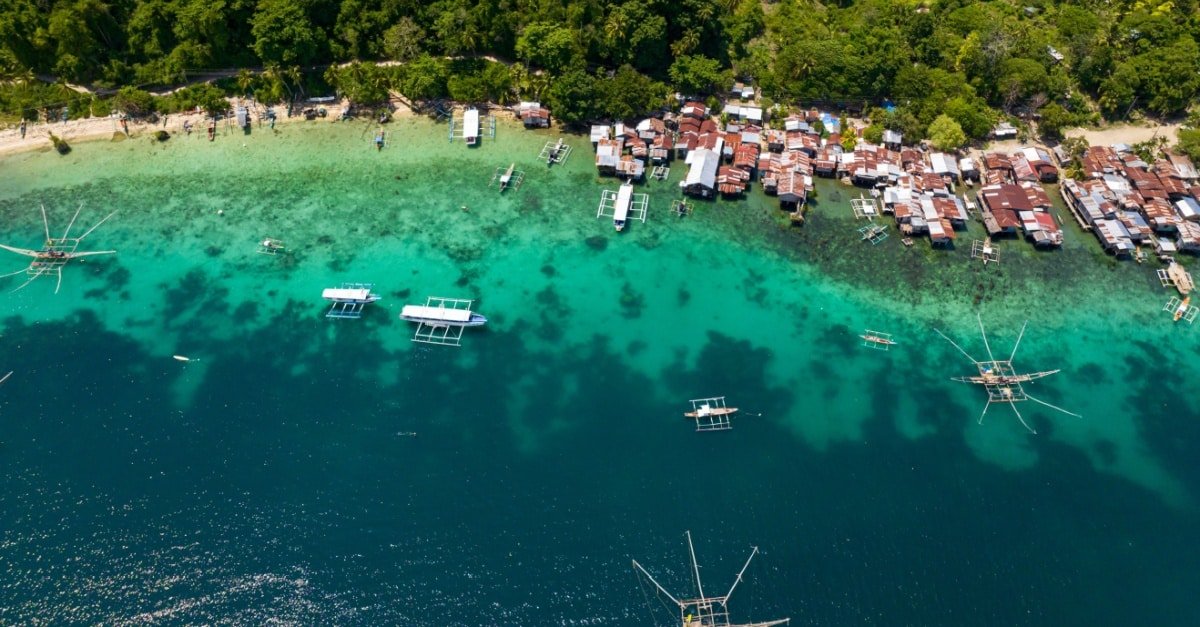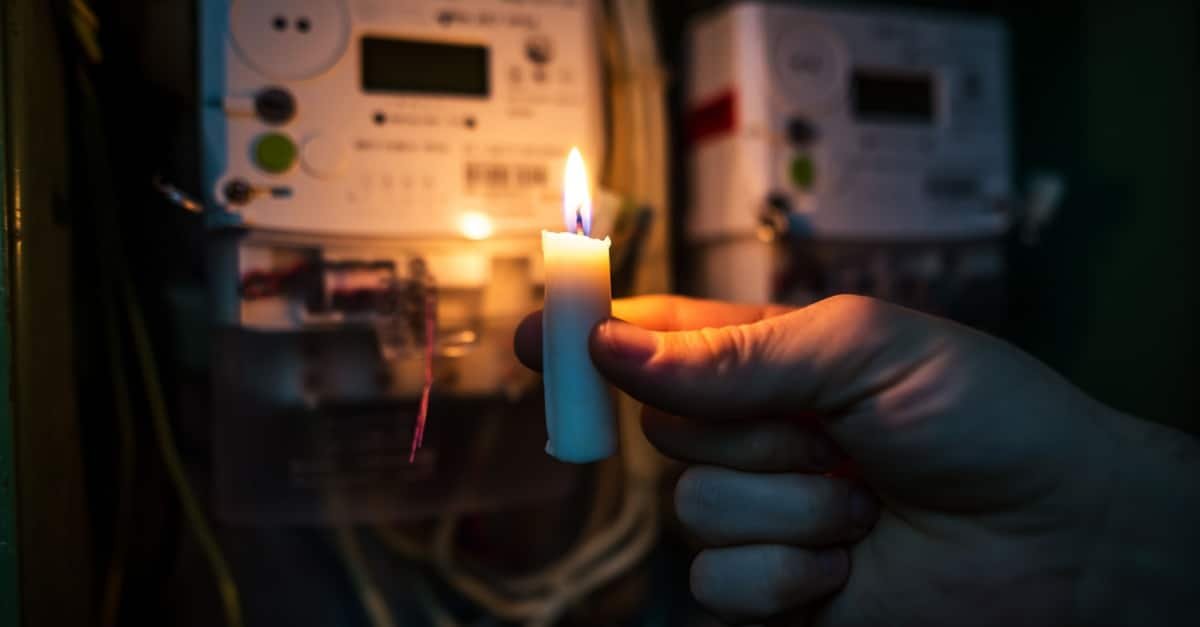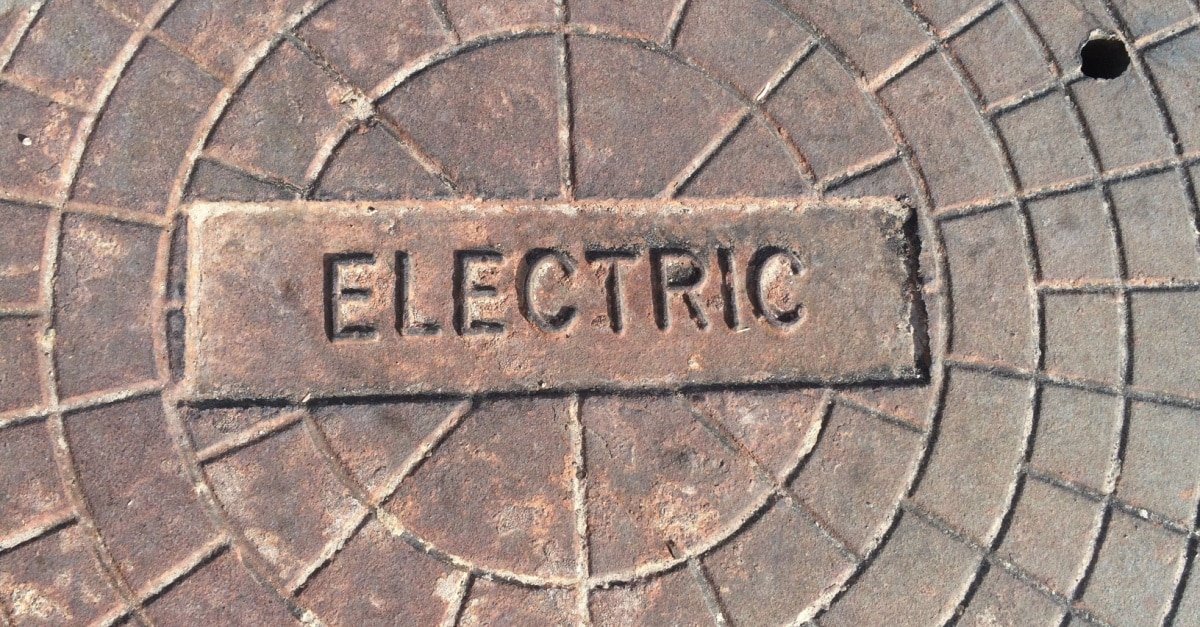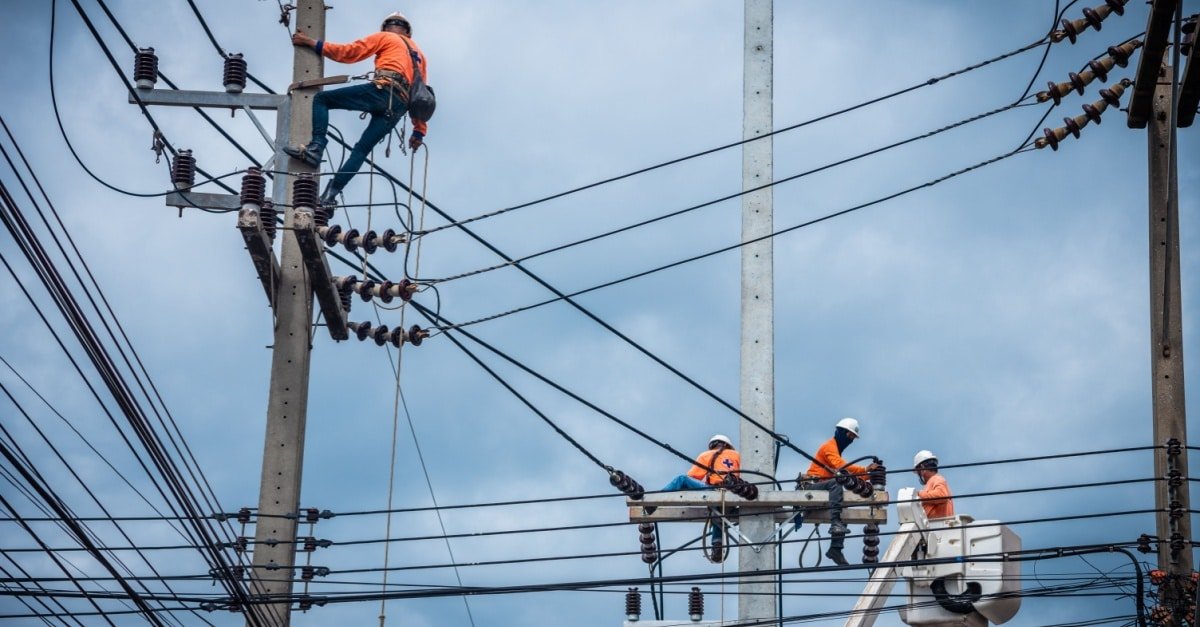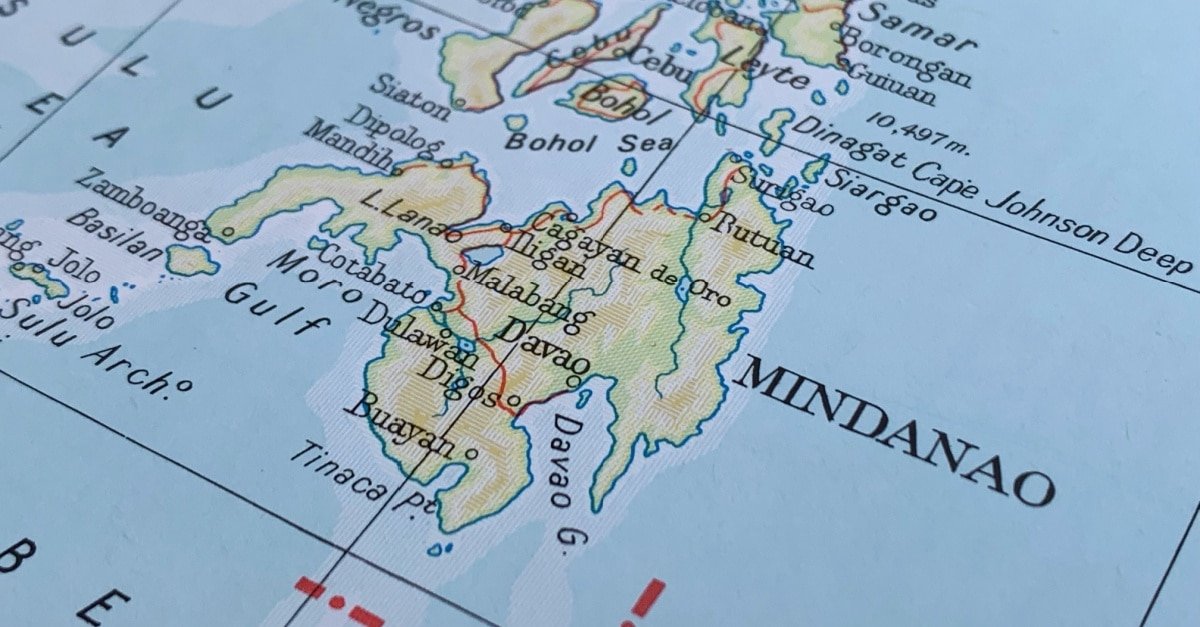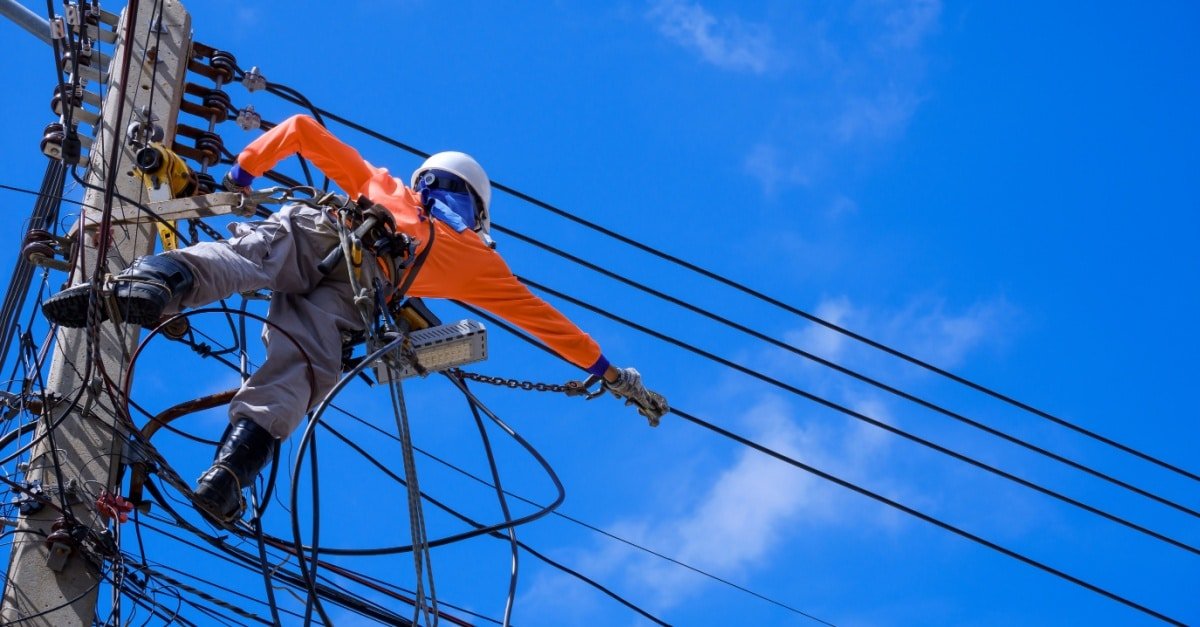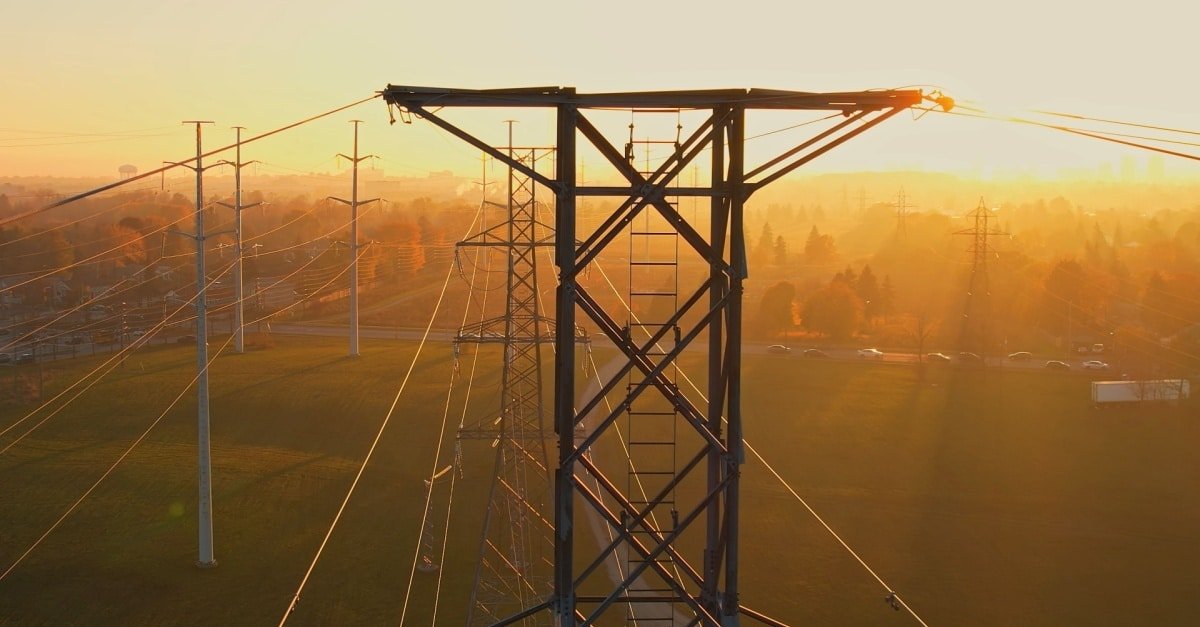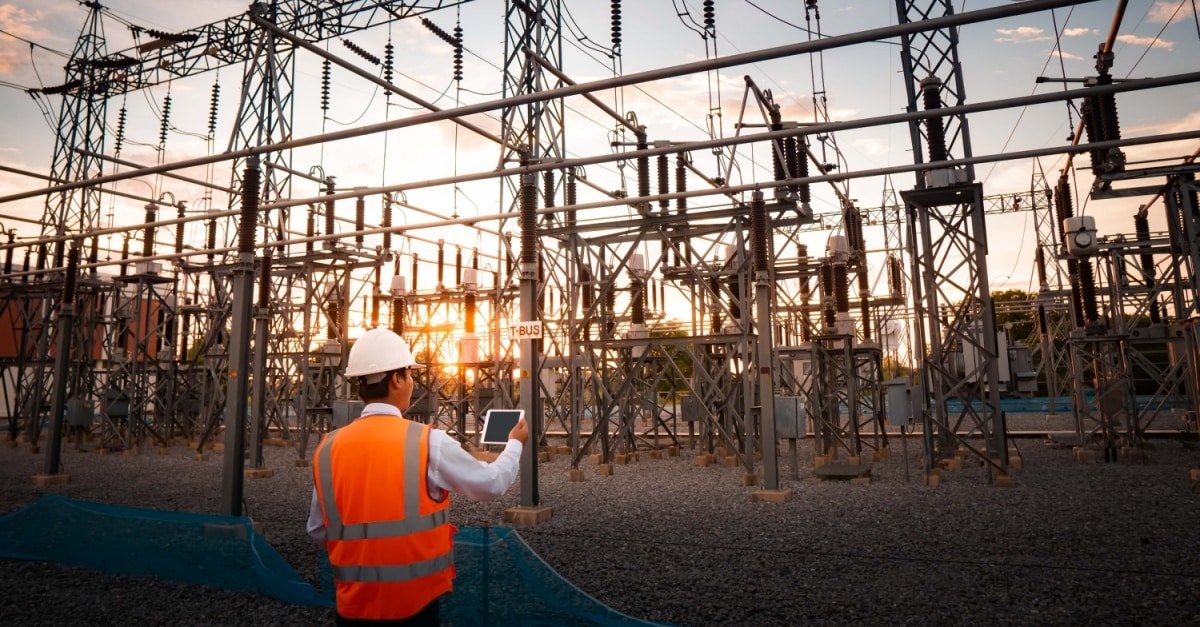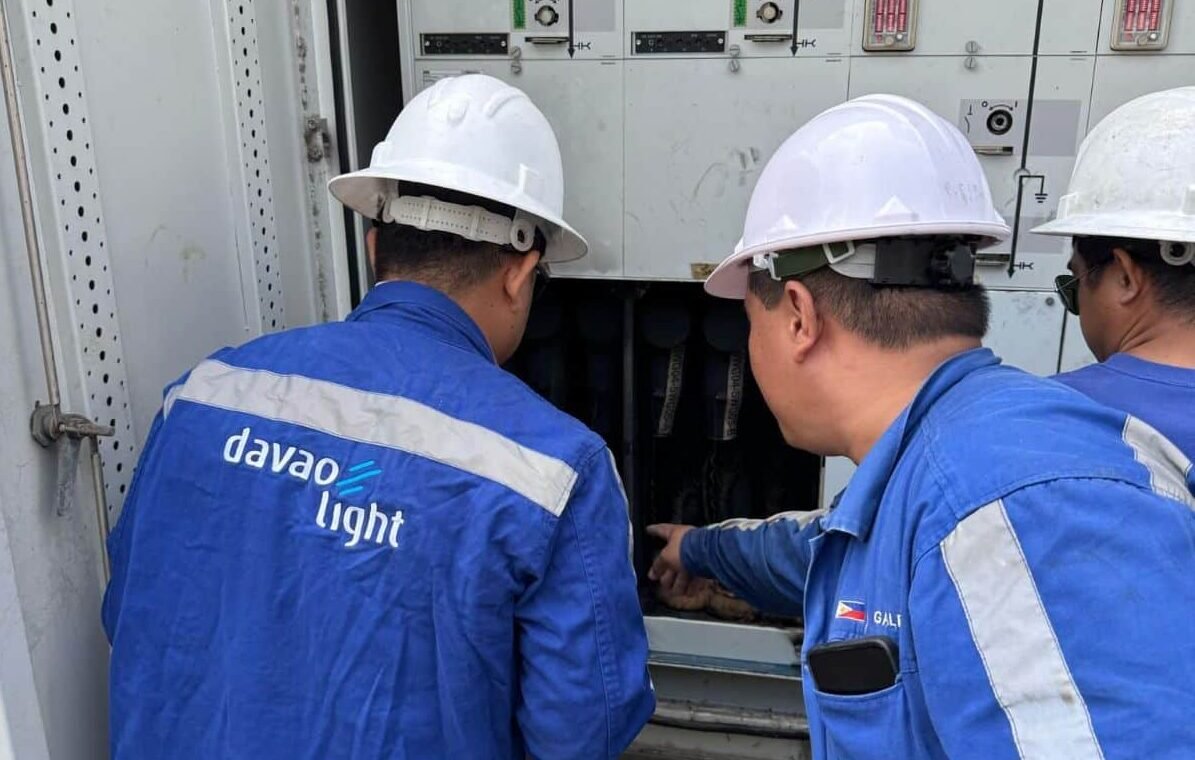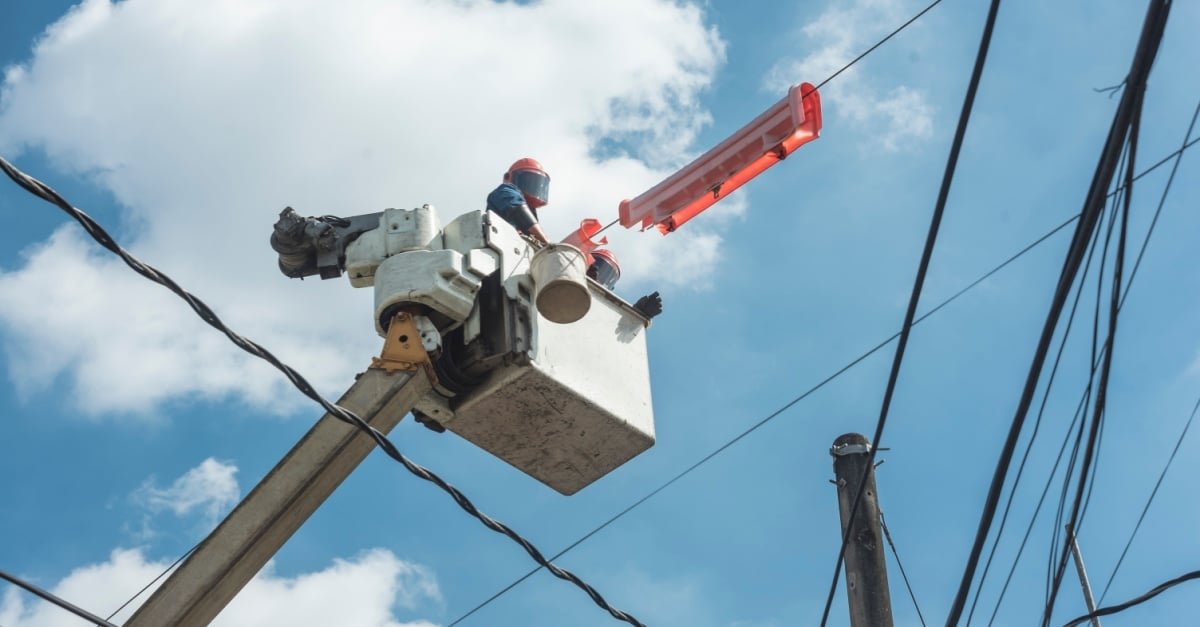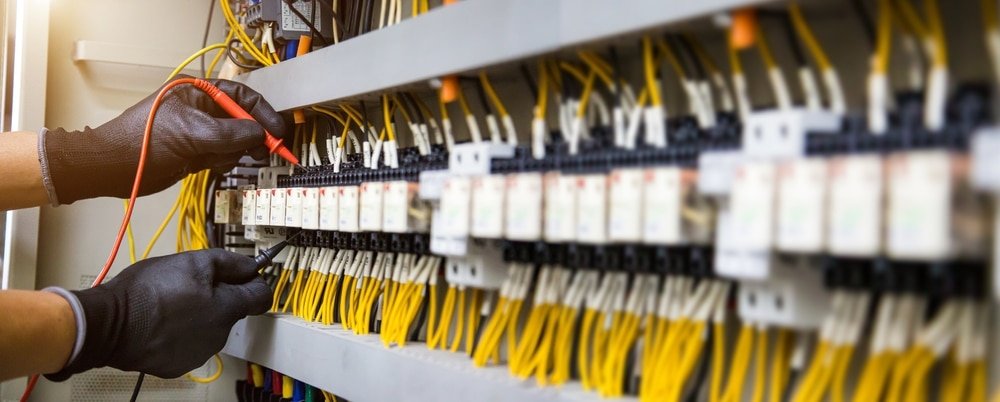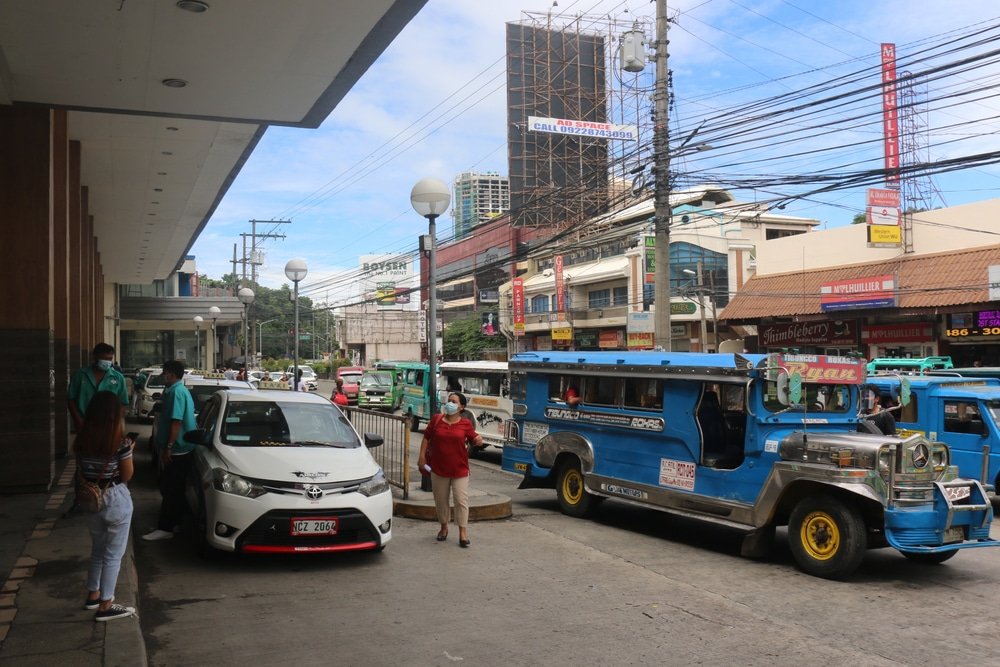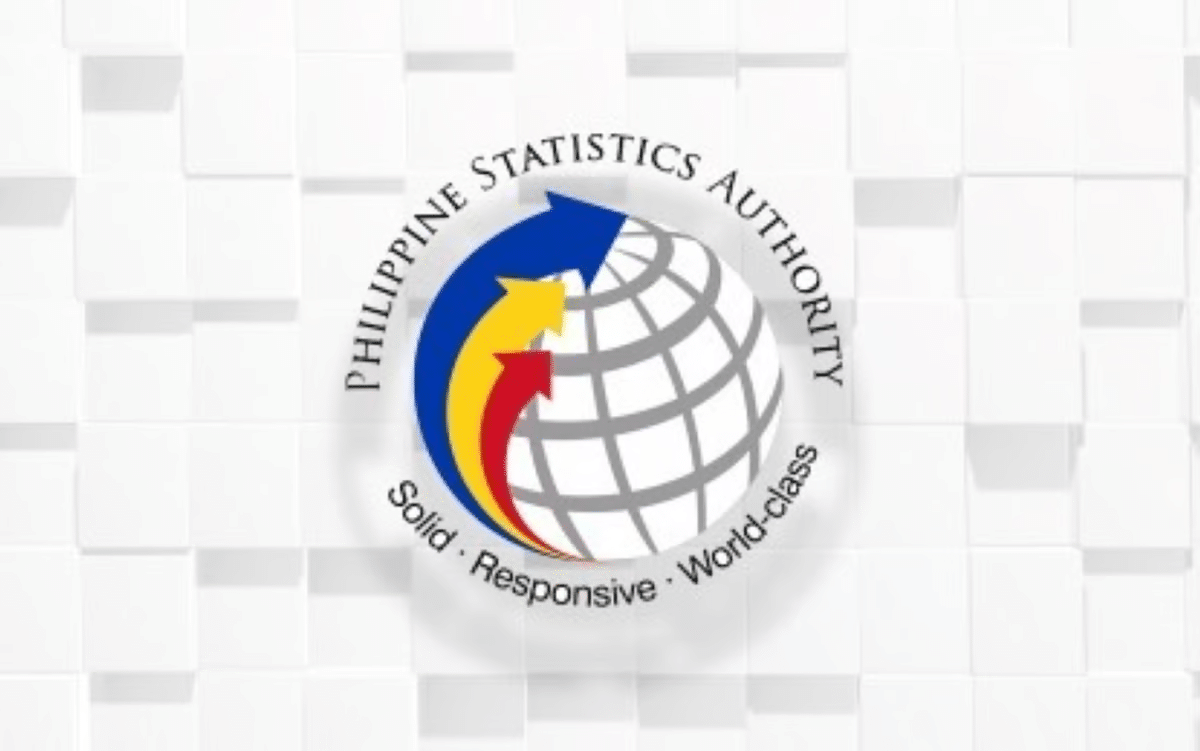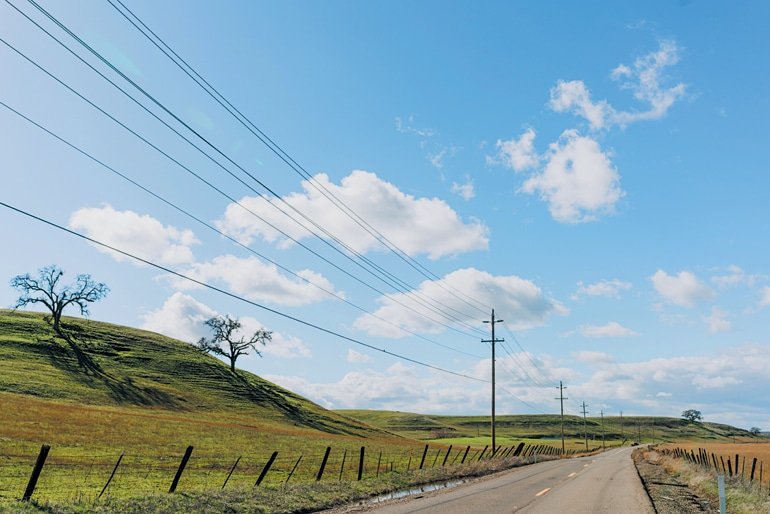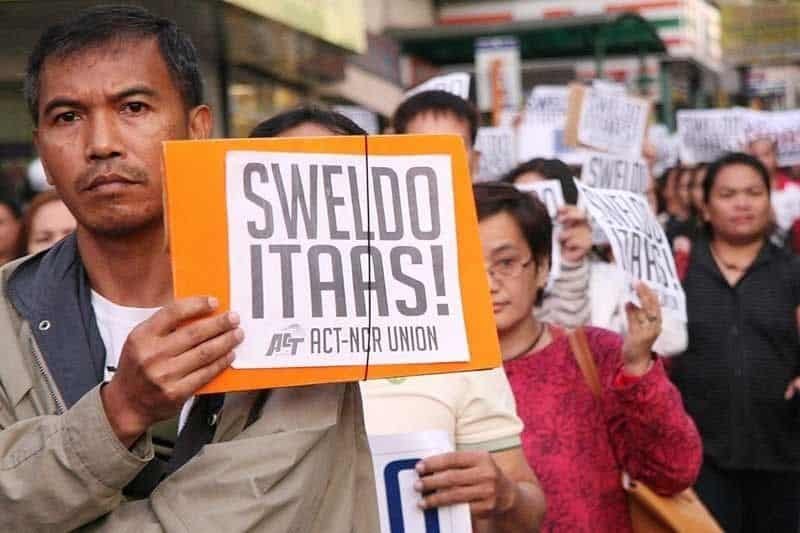
Table of Contents
Several figures have voiced skepticism over the net-zero agenda, arguing it’s not as beneficial as claimed and carries hidden costs for ordinary citizens. Among them is Claire Coutinho, the UK’s Shadow Secretary of State for Energy Security and Net Zero, who warns of the social and economic trade-offs of a low-carbon transition.
Speaking at a party conference, she began by underscoring the vital role of affordable, reliable energy in driving national prosperity. Tracing Britain’s progress from the coal-fueled Industrial Revolution to the North Sea oil boom, she stressed that every era of growth was built on energy abundance.
“That’s because energy is not just part of the economy,” she proclaimed. “It is the economy.”
With the UK facing some of the highest energy prices in the developed world due to its accelerated green transition, Coutinho warned that Britain’s industrial base is paying the price. Energy-intensive sectors are closing down, jobs are vanishing, and production is shifting abroad—often to nations still reliant on coal.
She cautioned that without affordable, reliable power, Britain risks losing its edge in future industries like advanced manufacturing and AI. “We won’t have saved the planet, we will have failed the next generation,” she declared.
(Also read: Accelerating Renewable Energy Goals: Who Truly Benefits?)
The Netherlands: Another cautionary tale
Meanwhile, the Netherlands is struggling with grid congestion as its renewable energy (RE) boom outpaces infrastructure, causing overloads in power distribution.
Boasting Europe’s largest fleet of electric vehicles and the highest number of charging stations per capita, the Netherlands has rapidly embraced RE. More than a third of Dutch homes now have solar panels, and the country plans to make offshore wind its primary power source by 2030, replacing its once-dominant North Sea gas.
According to a BBC report, the Netherlands’ accelerated green shift, though environmentally positive, has placed immense strain on its national grid. The surge in wind and solar power has led to frequent outages and widespread “grid congestion,” likened to traffic jams in the country’s electricity network.
This means the Dutch power grid is becoming overloaded as RE sources feed electricity into areas with smaller transmission lines. Unlike traditional systems built around large central plants, today’s scattered wind and solar installations push power from the outskirts, where local lines are too weak to handle the surge in supply and demand.
An electrical engineering specialist observed that the Netherlands is facing a costly grid crisis caused by long-term underinvestment in its power distribution and transmission systems. The widespread bottlenecks, affecting much of the country, are expected to take years and billions of dollars to fix. To address this, the Dutch grid operator has unveiled a $235-billion plan to modernize the country’s power network, focusing on extensive cable upgrades and expansions through 2050.
Like in the UK, the strain on the Dutch power grid is discouraging business expansion, with companies struggling to secure additional energy capacity needed to grow their operations.
(Also read: Why Camiguin Urgently Needs Reliable Power)
Energy supply woes in the Philippines
In the Philippines, where the green transition is still in its early stages, the challenge remains more fundamental. Despite the country’s heavy reliance on dependable coal, many remote communities still do not have access to electricity.
Francine Beatriz Pradez, youth convener of the consumer group Ilaw, lamented that in many parts of the Philippines, unreliable electricity has become a daily reality. What some experience as occasional blackouts, she said, others live with as constant exclusion, reflecting the country’s deep and persistent energy poverty.
“When electricity is cut, it is the student in a rural barangay who can’t log into an online class or the out-of-school youth whose small loading business shuts down for the day,” she wrote. “These are not side stories; they are central to the national cost of a power system that continues to fail those who rely on it the most.”
Pradez highlighted how unreliable power continues to cripple local economies, citing cases such as Siargao’s two-week blackout that stalled tourism, Iloilo’s multi-day outage that caused heavy financial losses, and Samal Island’s recurring disruptions that hurt businesses. Across the country, hotels and restaurants spend thousands daily on generator fuel just to operate.
She noted that the country’s power woes stem not only from technical shortcomings but from entrenched corruption and poor governance. Consumer groups have long decried how poorly performing electric cooperatives are protected by political allies, while billions in electrification funds remain unspent or misused. Businesses report heavy losses from recurring outages, opaque billing, and slow service—symptoms of a system where accountability has all but disappeared.
“Energy is not a privilege. It is a basic right,” Pradez stressed. “Performance audits of electric cooperatives should be transparent and publicly accessible. Regulators must enforce penalties for prolonged service failures, not just issue warnings.”
Can the PH afford the cost of net zero?
With the Philippines still struggling to achieve reliable energy, a pragmatic approach to the transition appears necessary, as demonstrated by developed nations that moved earlier and more swiftly toward renewable sources.
Coutinho said the UK’s costly offshore wind commitments are driven by rigid climate targets set by unelected bodies and activists. She argued that these decisions burden ordinary citizens and businesses, while those imposing them face no accountability for the economic fallout.
“So, I can promise you this. When it comes to energy policy, our priority won’t be ideology, it won’t be vested interests, it won’t be fake promises we can’t deliver,” she asserted. “It will be cheap, reliable, abundant energy.”
A Daily Tribune editorial warned that pushing a developing country like the Philippines into costly grid overhauls similar to those planned in the Netherlands would be an act of “nothing less than criminal.”
“While enormous resources are lost to the corrupt practices of its government leaders, the shift to RE threatens to add roadblocks to development through unnecessary expenses,” it stated.
For Coutinho, net zero has failed both Britain and the climate. “Rather than people fitting into the Government’s policy on energy, I believe a Conservative energy policy should serve the needs of the people,” she maintained, adding that “Energy is prosperity.”
Sources:
https://www.conservatives.com/news/energy-is-prosperity
https://opinion.inquirer.net/186906/how-filipinos-cope-with-energy-insecurity

